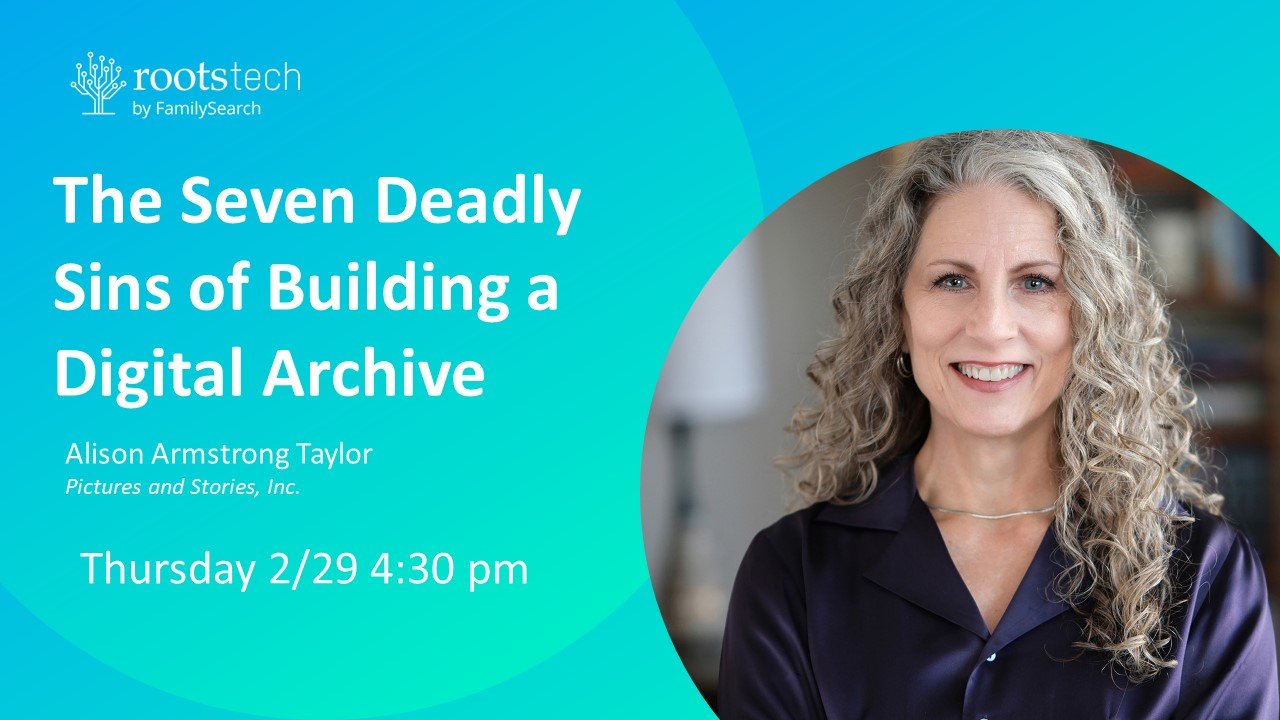This holiday season, resolve to gather some family stories as you gab and gobble. Here are five tips to help. (This is my grandmom, Margaret Armstrong. Some of my happiest memories are in her knotty pine kitchen.)
get the scoop
One Thanksgiving, a few years after my mother died, my father regaled us at the dinner table with the hilarious and slightly unbelievable story of how he and my mother got married, complete with sweeping gesticulations, sound effects, and dance moves. I didn’t carry around a recorder at all times back then, as I do now, and I've been kicking myself ever since. Because no matter how many times I have begged him since to write it down for me, he’s just been too busy. (Or maybe he just needs an audience again to really get it right.)
Holidays, for better or worse, are family gathering times (followed closely by weddings, funerals, and family reunions). What better time is there to interview those family members you only see once a year? Give your auntie an excuse to stay out of the kitchen and hold her comfortably captive while you ask a few questions.
Here are a few tips that will help you get better stories:
1. Carry a voice recorder with you. There are any number of digital recorders on the market; you can get a decent dedicated voice recorder for about $30-$100. Or you can get an inexpensive app on your smartphone or tablet. (I recently downloaded an app for my iPad called Voice Recorder HD by eFUSION. I used it as a backup recording device during some client interviews, and I was pleasantly surprised by the ease of use of the app and the good sound quality from the iPad. It was at least as good as my dedicated voice recorder and a lot less expensive.)
2. Know how to use it. Make sure you practice with your recorder or app ahead of time. Also, make sure you have extra batteries or a charger for your device (this is especially crucial if you are recording on a smartphone. Trust me, we found this out the hard way!)
3. Prepare a list of questions ahead of time. Take some time before the gathering to jot down some questions. What do you, personally, most want to know about this person? For some question ideas, check out this blog post:
25 Thought-Provoking Interview Questions
4. Get in the "tell me a story" mindset. "Tell me the story about the time you were chased home from kindergarten" will always get a better response than "where did you go to school?" The when and where is important, but you can usually research those details later. Use this precious time to get the scoop direct from the source.
5. Make sure your subject is comfortable. A comfy chair, a bit of privacy (or a large audience), a nice drink, whatever will make your victim more at ease. It usually takes most people a few minutes to warm up and get over the fear of being recorded, but they will soon get lost in telling the stories and forget the recorder is running. Start with some lighter questions first and ask the tougher questions later in the interview. And when grandma shows signs of fatigue, it's time to quit for now.
Once you have that precious recording, there are any number of ways to preserve and share it (lots of ideas for this on our blog.) But the important thing is, you've captured these stories before it's too late.



